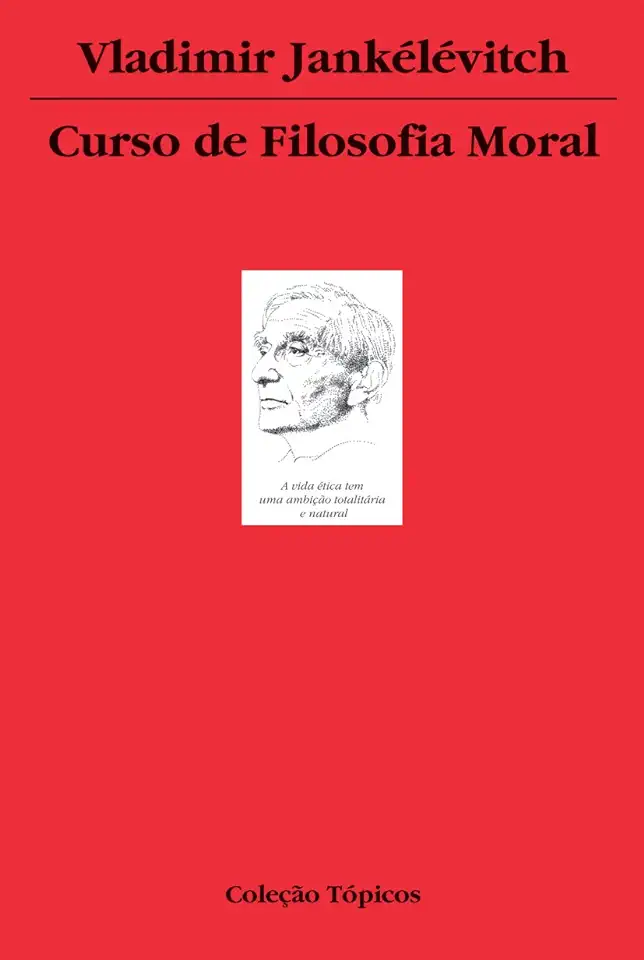
Course in Moral Philosophy - Vladimir Jankélévitch
Course in Moral Philosophy by Vladimir Jankélévitch
A Comprehensive Exploration of Morality and Ethics
In his seminal work, "Course in Moral Philosophy," renowned philosopher Vladimir Jankélévitch embarks on a profound exploration of the complexities of morality and ethics. Through a series of engaging lectures, Jankélévitch delves into the fundamental questions that have captivated philosophers for centuries, offering a unique and thought-provoking perspective on the nature of moral judgment, the role of freedom and responsibility, and the pursuit of the good life.
Key Themes and Insights
1. The Essence of Morality:
Jankélévitch argues that morality is not merely a set of abstract principles or rules, but rather a lived experience that shapes our relationships with ourselves, others, and the world around us. He emphasizes the importance of understanding morality as a dynamic process, constantly evolving and adapting to the complexities of human existence.
2. Freedom and Responsibility:
Jankélévitch explores the intricate relationship between freedom and responsibility, asserting that true moral agency requires both the recognition of our freedom to choose and the acceptance of the consequences of our actions. He challenges conventional notions of determinism and free will, proposing a nuanced understanding of human agency that acknowledges the interplay of external circumstances and personal choices.
3. The Pursuit of the Good Life:
Jankélévitch delves into the age-old question of what constitutes a good life, arguing that it is not simply the pursuit of pleasure or the avoidance of pain. Instead, he proposes a holistic view of the good life that encompasses personal fulfillment, ethical conduct, and a sense of purpose beyond oneself.
4. Ethical Dilemmas and Moral Decision-Making:
Jankélévitch confronts the complexities of ethical dilemmas, highlighting the challenges of making moral decisions in situations where there are no easy answers. He emphasizes the importance of critical thinking, empathy, and a willingness to engage in dialogue with others to navigate these difficult choices.
5. The Role of Emotions in Morality:
Jankélévitch challenges the traditional view that emotions have no place in moral reasoning. He argues that emotions play a crucial role in our moral judgments and actions, providing us with valuable insights into the nature of good and evil.
Why You Should Read This Book:
"Course in Moral Philosophy" is a must-read for anyone seeking a deeper understanding of morality and ethics. Jankélévitch's profound insights, engaging writing style, and ability to synthesize complex philosophical concepts make this book an invaluable resource for students, scholars, and anyone interested in exploring the complexities of human existence.
Conclusion:
Vladimir Jankélévitch's "Course in Moral Philosophy" is a masterpiece of philosophical thought that offers a comprehensive and thought-provoking exploration of morality and ethics. Through his insightful analysis and engaging lectures, Jankélévitch challenges conventional notions of right and wrong, inviting readers to embark on a journey of self-discovery and moral reflection. This book is a must-have for anyone seeking to deepen their understanding of the human condition and the pursuit of the good life.
Enjoyed the summary? Discover all the details and take your reading to the next level — [click here to view the book on Amazon!]